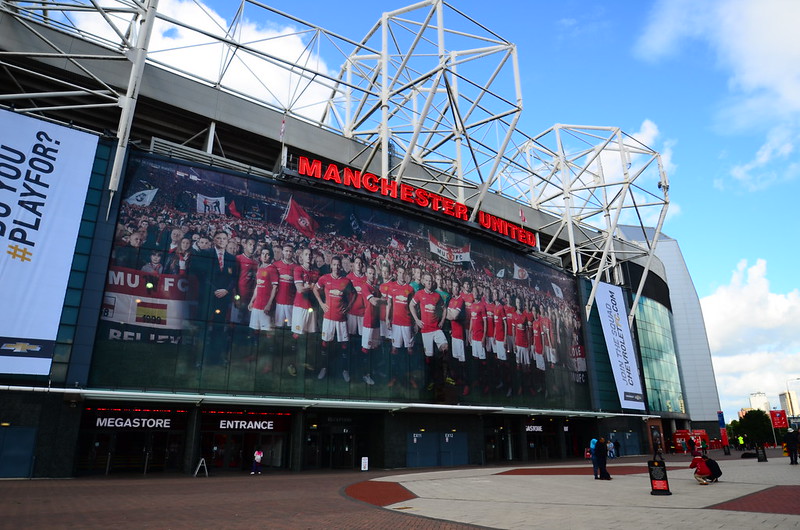The Glazers are asking for at least £5 billion to sell Manchester United, which would be a record price for any sports team.
UEFA appears ready to approve Qatar’s acquisition of Manchester United, despite the apparent conflict of interest it might create in the Champions League, according to reports.
Qatar Sports Investments owns Paris Saint-Germain.
A group of Qatari investors are reportedly prepared to express their interest in acquiring United, alongside the Raine Group, the bank managing the auction are expecting the first bids this week.
Jim Ratcliffe, a British petrochemicals billionaire, has enlisted Goldman Sachs and JP Morgan Chase to help him pursue his potential acquisition as the only public bidder thus far.
However, the Qatari bid appears more likely to come close to the £5 billion price the Glazer siblings might be willing to accept for the club and is reportedly being encouraged by the Amir Sheikh Tamim bin Hamad Al-Thani.
Qatar also has plans to modernise the training facility and rebuild Old Trafford, which could add an additional £1.2 billion to their initial investment. It is not interested in purchasing a minority stake.
A UEFA rule which states that “no club participating in UEFA club competitions may[…]hold or deal securities or shares in any other club participating” or “be involved in any capacity whatsoever in the management administration and/or sporting performance of any other club participating,” has presented the biggest challenge to date.
The dual ownership is likely to be approved by UEFA’s Club Financial Control Body, which oversees competitions, as long as Amir Sheikh Tamim serves as “a purely symbolic, hands-off figure” and the two teams have independent management and corporate structures that do not collaborate, according to reports.
The case of Red Bull’s dual ownership
By allowing RB Leipzig and Red Bull Salzburg, two teams supported by the soft drink company Red Bull, to participate in the Champions League, UEFA has already established a precedent on such cases.
Despite sharing the same ultimate owner, the two teams squared off in a Europa League game in 2018.
The CFCB adjudicatory chamber stated that their permission depended on the term “decisive influence” and that the authorities only required “comfortable satisfaction” that such influence was not being used, in an eleven-page decision outlining their reasoning.
They added that organisations should only be prohibited if they had a “decisive influence” over decisions that “affect the performance of a club in a competition and not simply generic corporate, commercial, financial or other business activities, which do not directly affect sporting performance.”
The two Red Bull clubs proved this by dismissing certain executives who held dual positions and by promising that they would not cooperate.
Thus, Qatar would be able to establish various corporate structures and leadership teams for PSG and Manchester United and assert something comparable.







